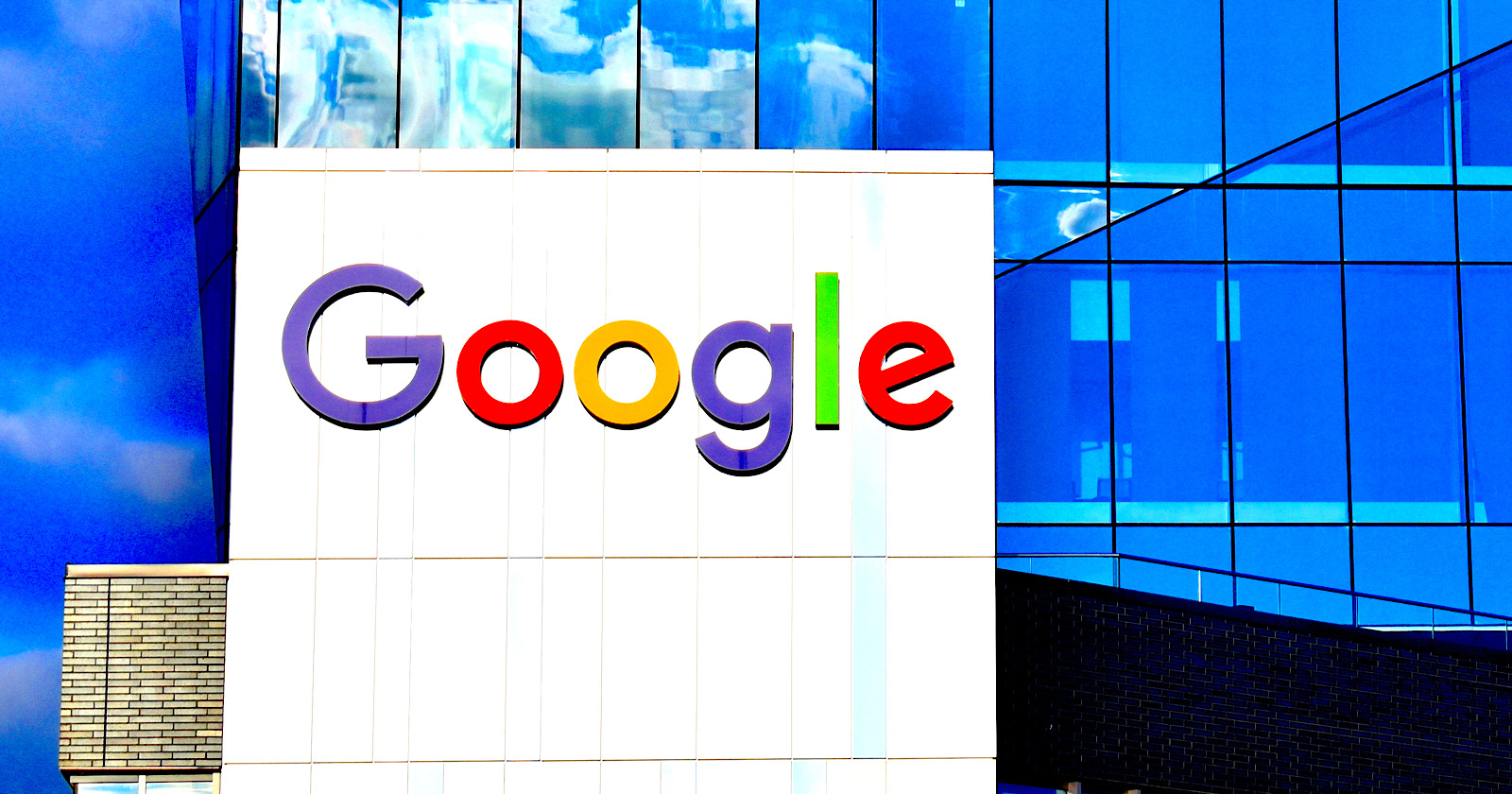Results of a recent study show nearly half of listings on the first page of search results are made up of links to Google products.
Those numbers create some concern that Google is favoring its own services, and ranking them ahead of competitors in many cases.
When looking at just the top 15% of a search results page, Google products were found to occupy 63% of the results.
The top 15% of SERPs is said to be the equivalent of the first screen on an iPhone X before scrolling down.
That’s perhaps the most damning statistic in the whole report: “For one in five searches in our sample, links to external websites did not appear on the first screen at all.”
This data comes from study conducted by The Markup, which involved an analysis of over 15,000 popular queries.
The key discovery coming out of the report is 41% of the first page of Google search results is taken up by Google itself.
“We examined more than 15,000 recent popular queries and found that Google devoted 41 percent of the first page of search results on mobile devices to its own properties and what it calls “direct answers,” which are populated with information copied from other sources, sometimes without their knowledge or consent.”
The Markup provided an example of a trending search for “myocardial infarction” in which the first 4 results on the page were Google properties. It returned:
- Google’s dictionary definition.
- A “people also ask” box
- A knowledge panel
- A “related conditions” carousel leading to further Google searches
It was found that a user would have to scroll nearly halfway down the page before getting the first organic result.
A Google spokesperson responded to this study and disputed its findings on the basis that certain results shouldn’t be counted as Google properties.
“Providing feedback links, helping people reformulate queries or explore topics, and presenting quick facts is not designed to preference Google. These features are fundamentally in the interest of users, which we validate through a rigorous testing process.
Sometimes, the most helpful information will be a link to another website—other times, it will be a map, a restaurant listing, a video or an image.”
If it sounds like Google’s priorities have shifted away from driving traffic to websites, you may be correct.
Google elaborates on that in another statement from the spokesperson.
Related: Over 25% of People Click the First Google Search Result
Google’s Priorities Have Changed
The Markup begins its report by drawing attention to something Google co-founder Larry Page said in 2004:
“We want to get you out of Google and to the right place as fast as possible.”
In a direct response to that quote, a Google spokesperson says directing people from search engines to websites is not always the best solution anymore.
“As a search engine, Google’s mission is to quickly direct searchers to great information, wherever that information is, as Page went on to explain. At that time, that generally meant to direct people from search results to websites. As search technologies have developed, that’s not always the best way to assist people.”
There’s no clearer way to state that Google’s priorities have changed from wanting to get people out of the search engine as fast as possible.
Now it appears the priority is to direct users to the best answer to a query, according to Google.
If that answer can be provided by Google within the search results page, then chances are you’ll see Google properties appearing ahead of organic results.
For much more analysis on this subject, I recommend reading The Markup’s full report here.
Related: A Complete List of Google’s Featured Snippets Types


